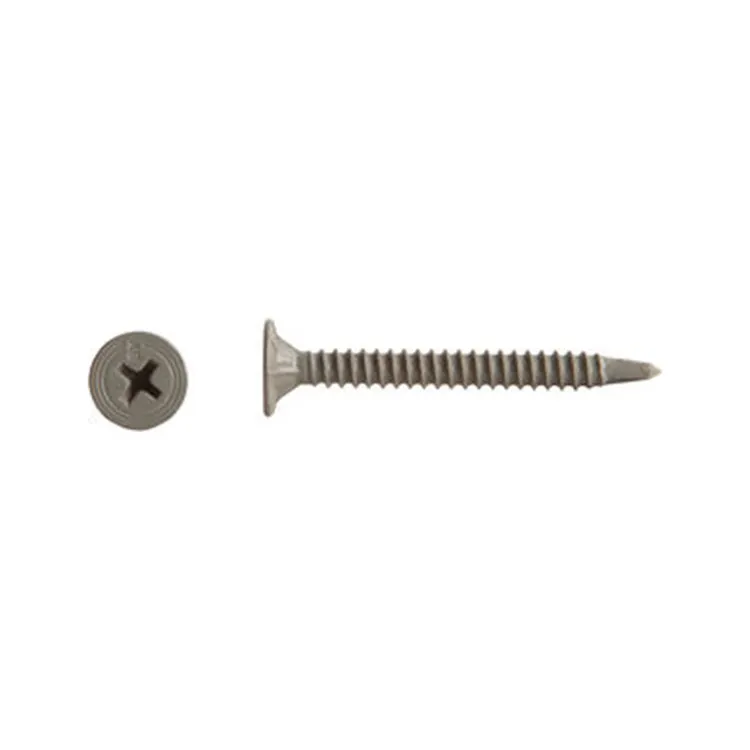What is special about concrete screws?
2024-10-25
Concrete screws, also known as masonry screws or anchor screws, are specially designed fasteners used to secure objects to concrete, brick, stone, or other masonry surfaces. What makes them unique and highly effective in these challenging environments are several key features:
1. Special Thread Design
Concrete screws feature deep, sharp, and wide threads that allow them to cut into hard materials like concrete and create a secure hold. These threads bite into the concrete and form their own anchor, eliminating the need for plastic wall plugs or other anchoring systems.
2. Self-Tapping Ability
Concrete screws are self-tapping, meaning they can create their own pilot hole when driven into the material. However, a pre-drilled pilot hole is typically recommended, especially in harder surfaces like concrete, to ensure easier installation and prevent breaking the screw.
3. High Strength and Durability
Concrete screws are made from hardened steel or stainless steel, providing the strength needed to withstand the stresses of being driven into hard materials. Some screws also come with corrosion-resistant coatings (e.g., zinc or blue-coated) to enhance their durability, especially in outdoor or moisture-prone environments.
4. Removability and Reusability
Unlike other types of masonry fasteners (such as expansion anchors or adhesives), concrete screws can be removed and reused without damaging the base material. This makes them ideal for applications where temporary fastening is required, or adjustments may be needed later.
5. No Need for Anchors
Concrete screws do not require additional anchors, such as wall plugs or expansion anchors. This simplifies installation and reduces the number of components needed, making them more convenient for quick and secure fastening.
6. Versatility
Concrete screws can be used in a variety of applications, including securing fixtures, shelving, brackets, electrical boxes, and more to masonry surfaces. They are suitable for indoor and outdoor use and are effective on concrete, brick, stone, and even wood.
7. Ease of Installation
Concrete screws are designed for easy installation with a standard drill, using a specific masonry bit to pre-drill a hole in the surface. Once the hole is created, the screw is driven in with a screwdriver or power tool, making it a straightforward process even for non-professionals.

Common Applications of Concrete Screws
- Securing fixtures like railings, shelves, and cabinets to concrete walls.
- Installing electrical boxes or plumbing fixtures in masonry surfaces.
- Attaching outdoor structures like fencing, decks, or pergolas to concrete footings.
- Fastening wood or metal frames to concrete floors or walls.
Concrete screws are ideal when a strong, secure hold is required in hard materials. Their unique features make them an essential tool for both professional construction projects and DIY tasks involving masonry.

